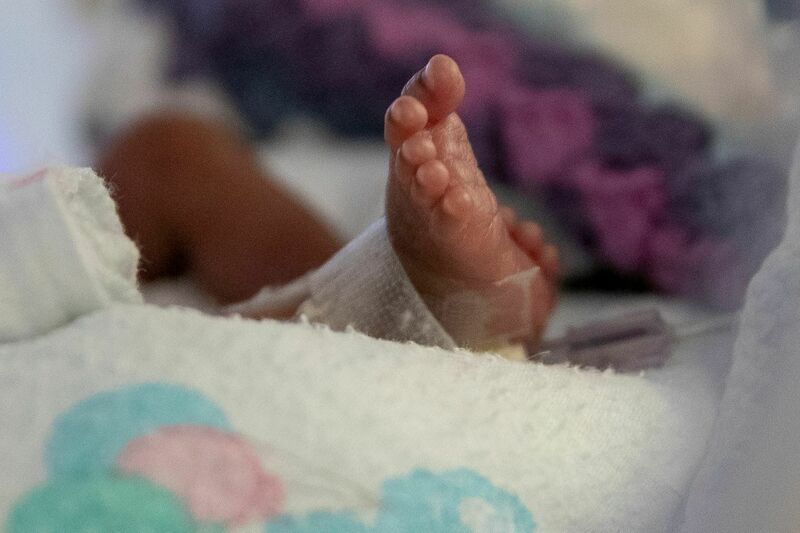The percentage of preterm births has increased (from 7.5% to 7.9%), as has the number of full-term live births with low birthweight (from 2.6% to 2.9%). The same is true for the number of babies who die in the first 28 days of life (from 2.7% to 2.9%).
Rates of infant mortality before a child turns one are severely impacted by whether their parents live in a deprived area, and what their ethnic background is. Babies from a Black and Asian ethnic group continue to have the highest mortality rates, and babies born to parents living in the most deprived areas are nearly three times as likely to die in infancy.
Caroline Lee-Davey, Chief Executive at Bliss said:
“The most recent ONS statistics show the same concerning trends we have seen time and time again, in every report dealing with neonatal mortality and preterm births over the last few years.
“They underline the desperate need for the next government to renew focus on the safety of maternity and neonatal services. For the most part, we know what must be done, we now need a national drive to fully resource the changes needed to make it happen.
“Bliss, alongside others in the sector, want to see a commitment to clearly defined, measurable targets to reduce rates of stillbirths, neonatal and maternal deaths, brain injuries occurring during or soon after birth and preterm births beyond 2025, with an ambition to reduce rates across all socioeconomic and ethnic groups.
“To achieve these targets, we also need a clear baseline to measure progress against, and the funding and resources necessary to meet them.”
Bliss’ manifesto for the next government can be found here.
